Without paying attention to ancient Jewish exegesis one can easily miss the full impact of Jesus’ statement, “den of thieves.” Was Jesus solely addressing the vendors, or was he aiming at bigger game?
Is the Sage Worth His Salt?

The Gospels record that questions were sometimes put to the sage Jesus of Nazareth in order to “test” him. According to Joseph Frankovic, the questioner’s intent may not always have been hostile.
Pieces to the Synoptic Puzzle: Papias and Luke 1:1-4

Despite a rather turbulent transmission process, the Synoptic Gospels retain an astonishing amount of authentic and reliable material.
The Rich Young Ruler Story: Personal Application

God will probably test our commitment to him at its weakest, most vulnerable point or points, those areas in our lives that we have made more important than him.
The Shema in Early Jewish Teaching

“Hear, O Israel: The Lord our God, the Lord is one” (Deut. 6:4), known as the Shema, is a foundational teaching of both Judaism and Jesus.
A New Solution to the Synoptic Problem
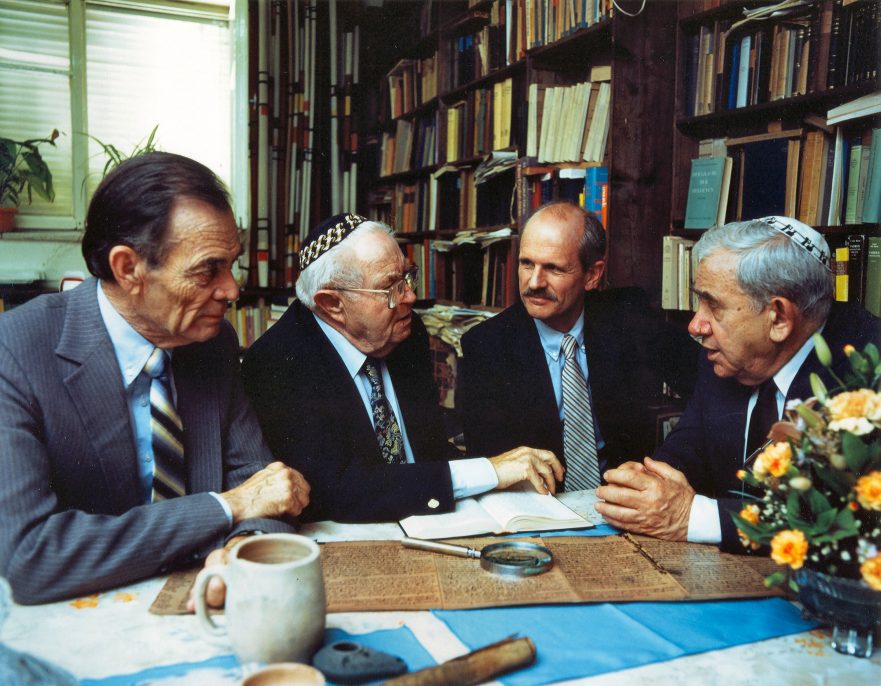
The many similarities among the Synoptic Gospels suggest a literary interdependence.
“And” or “But”—So What?
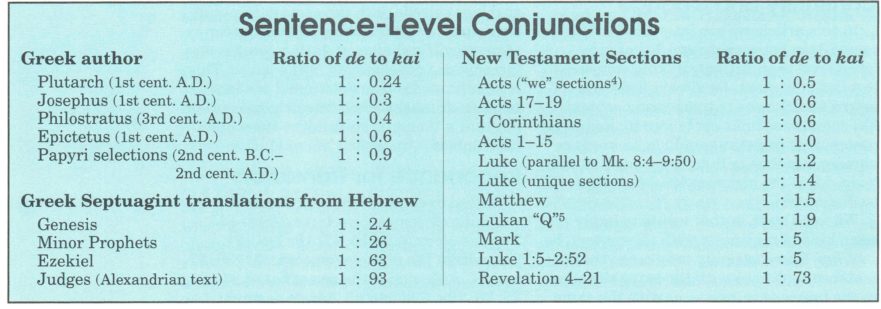
Writings that were originally composed in Greek tend to have a higher ratio of de to kai than writings that have been influenced by a Semitic language.
Master and Disciple

To understand the relationship between a first-century master and his disciples, one must appreciate the central role of Torah in ancient Jewish society.
The Two Great Principles and Sefer Pitron Torah

The command to love one’s neighbor was already thought of during the Second Commonwealth as the essence of the second half of the Decalogue, in which sense it is quoted in Sefer Pitron Torah.
Sabbath Breakers?
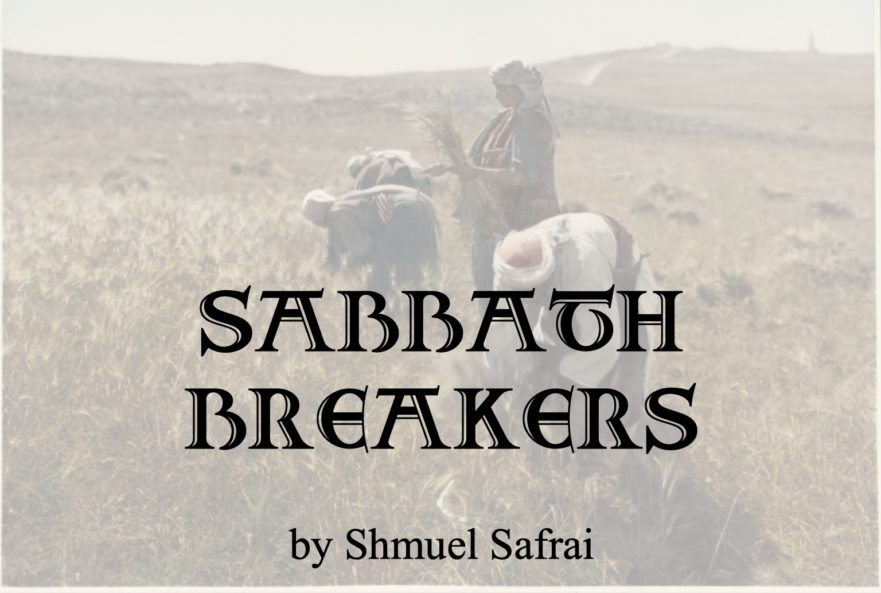
Jesus’ observance of the commandments has been a topic of vigorous scholarly debate. However, when the Synoptic Gospels are carefully examined, one sees that Jesus never violated written or oral Torahs. But did his disciples?
Hebrew Nuggets, Lesson 24: Messiah (Part 2)
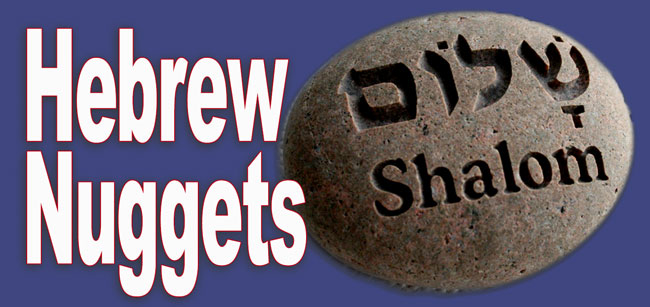
Athough the concept of Messiah is importance both in Judaism and Christianity, the Hebrew word מָשִׁיחַ (maSHIaḥ, messiah) was not often used in Jesus’ day. Jesus and his contemporaries rarely spoke of the Messiah by that name, but preferred to use other more oblique terms. In the New Testament, maSHIaḥ almost always appears in its Greek translation: χριστός (christos, anointed with oil; Christ). The Greek transliteration μεσσίας (messias) appears only twice, in John 1:41 and 4:25.
Jesus and the Essenes
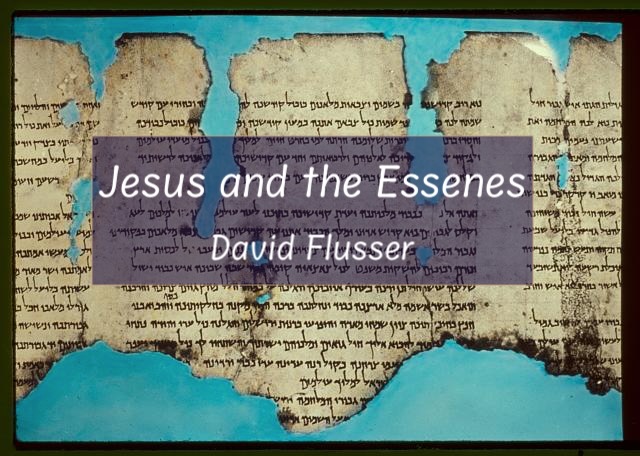
The Essenes’ favorite name for themselves was “the sons of light.” In the Synoptic Gospels the term appears only in Luke 16:8, and the reference is not very flattering. Was Jesus making an ironic reference to the Essenes?
A Friend of Tax Collectors

Tax collectors were especially hated because they increased their profit by collecting more taxes than their masters actually demanded.
Who Questioned Jesus?
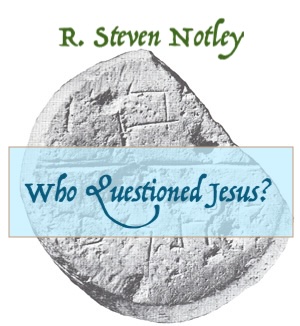
One should not exaggerate the opposition against Jesus in Jerusalem during the fateful Passover that witnessed his crucifixion.
Your Money or Your Life

Perhaps the most impressive thing about Jesus’ reply to the question about paying taxes to Caesar is that Jesus disarms his opponents and at the same time places a total demand on them.
“Let Down Your Nets”
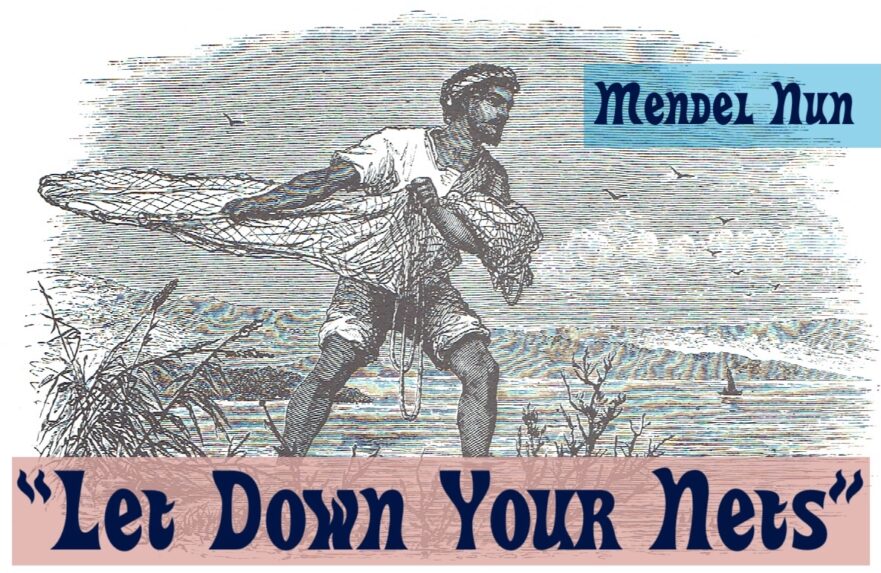
In this article Sea of Galilee fishing expert, Mendel Nun, discusses the different types of fishing nets that were used in the first century by fishermen. Nun’s knowledge of ancient fishing techniques illuminates the stories of Jesus and his followers, many of whom were fishermen.
“Binding” and “Loosing” in the Kingdom of Heaven

Jewish sages were called upon constantly by their community to interpret scriptural commands. They “bound,” or prohibited, certain activities, and “loosed,” or allowed, others.


